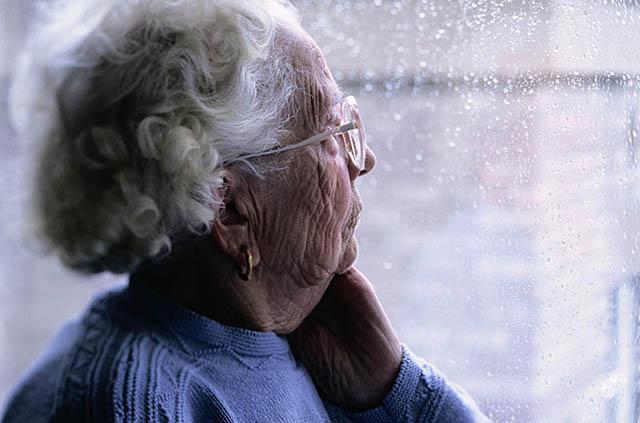How to Protect Elders From Natural Disaster
Mother nature can be fickle. While we are often made aware of the potential effects and devastation that could possibly occur as a result of a natural occurrence, there could be a situation where no prior warning or accurate estimation of threat is possible
in time to make preparations or a plan of action for family members. Although we are all at risk, special considerations should be made for the most vulnerable, our elder relatives. Here are some things that can be managed during periods of calm in order to avoid being underprepared and scrambling to make arrangements when an alert is issued or event is spontaneous.
Identify Available Resources
A televised or radio news report, newspaper article or internet are generally the easiest sources for information. If your senior loved one does not have access to these resources, but has a cellular phone, or his or her home caregiver has a mobile phone, sign up for or confirm that they have ability to receive emergency text alerts that are typically issued when there is a state of emergency. Given that leaving home may be imperative in certain cases, learn which evacuation routes are applicable during a catastrophe. Account for travel options, as many seniors may not have readily available access to transportation. Look into and assemble a list of local care centers, shelters, or other community gathering places that can be used in the event that evacuation or relocation is necessary.
Gather, Create, and Protect Documents
Any vital records such as birth or marriage certificates, deeds, wills, personal identification, and financial/insurance paperwork should be stored in a secure location such as a safe-deposit box or fire-proof safe. Compile an easily accessible list of contact information for family members, friends, and other emergency resources for your loved one or their caregivers. Create another list with all doctors’ information and medication details in case they need to be reached or utilized for medical emergency.
Evaluate The Home
Take a look at the home and determine what upkeep or repairs may be necessary to prevent damage or more catastrophic situations due to lack of maintenance. Be sure that points of ingress/egress are easily approachable in case family members or emergency personnel need to gain entry. Create a home escape or departure plan in advance, should movement within the home or evacuation is required. This is especially important for disabled or immobile elders that require assistance. Wheelchairs and walkers should be kept in a designated place so that they can be found instantaneously. During the time of year when winter storms are imminent, the home should be equipped with a shovel to clear pathways. A snow or ice-free entryway is imperative to ensure entrance or escape from the house.
Supplies and Other Essentials
Stock up on necessities such as shelf stable food and enough water jugs for a 3-day supply per person. Organize an emergency supply kit including a flashlight loaded with batteries, extra batteries, and a first aid kit. Be sure to account for the possibility of needing a generator for any apparatus that may require electric for survival. Be sure that any pertinent medical supplies or medications are organized and reachable in the event of a last minute evacuation.
Lastly, remember to include the senior relative, all relevant family members, and any at home health caregivers in all planning and preparation. Now that you have this information, go ahead and start putting a plan in place today!

